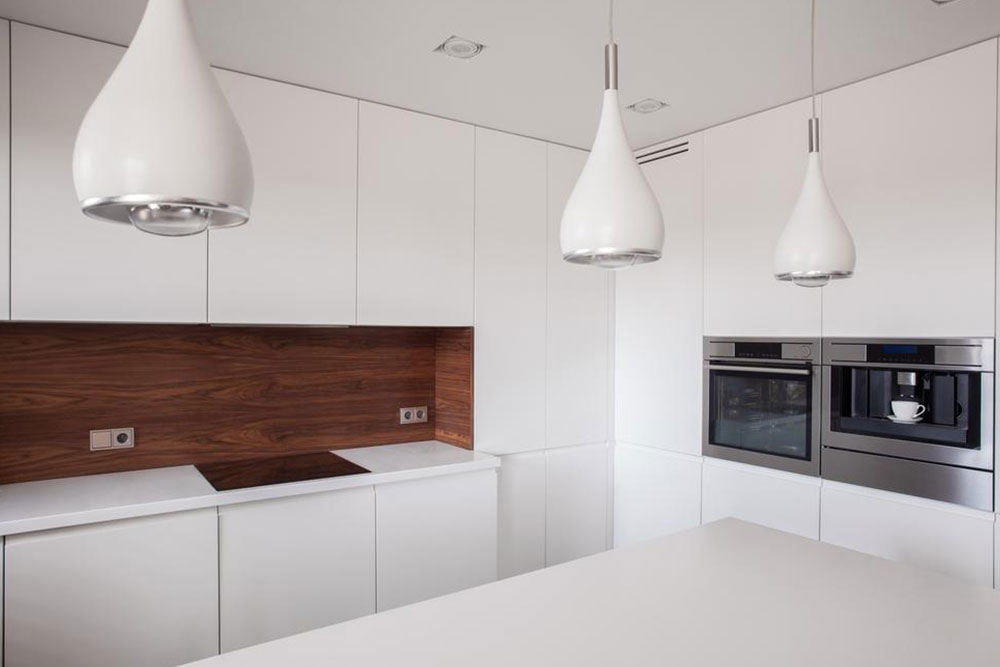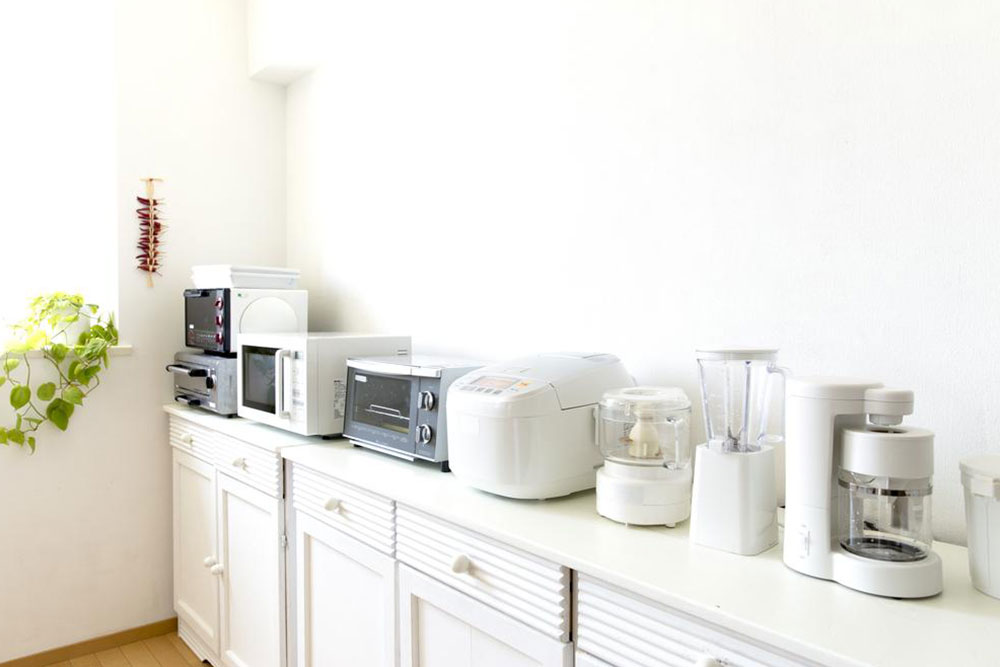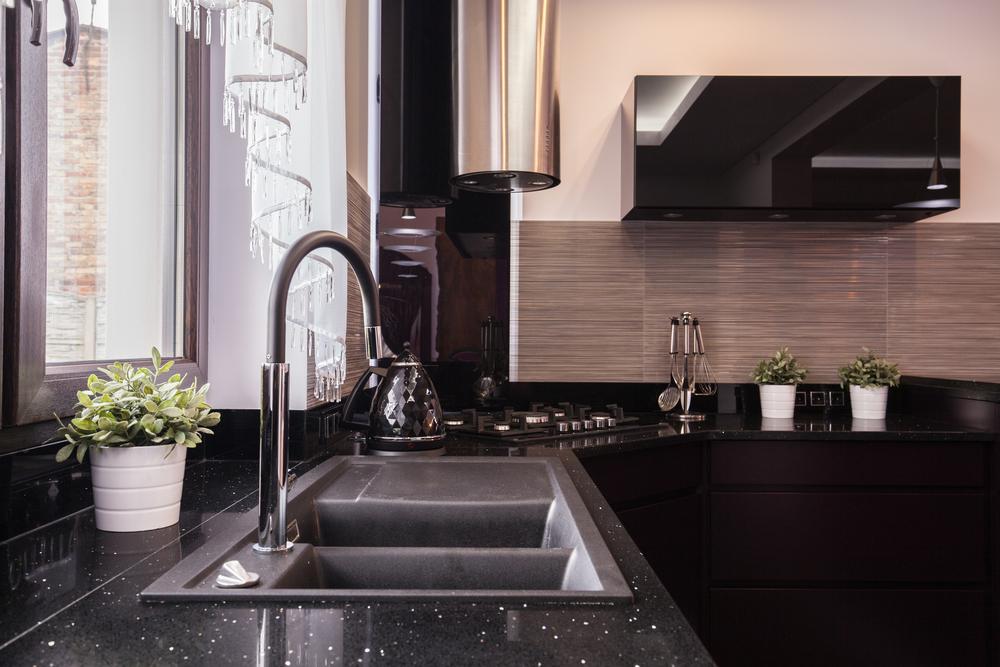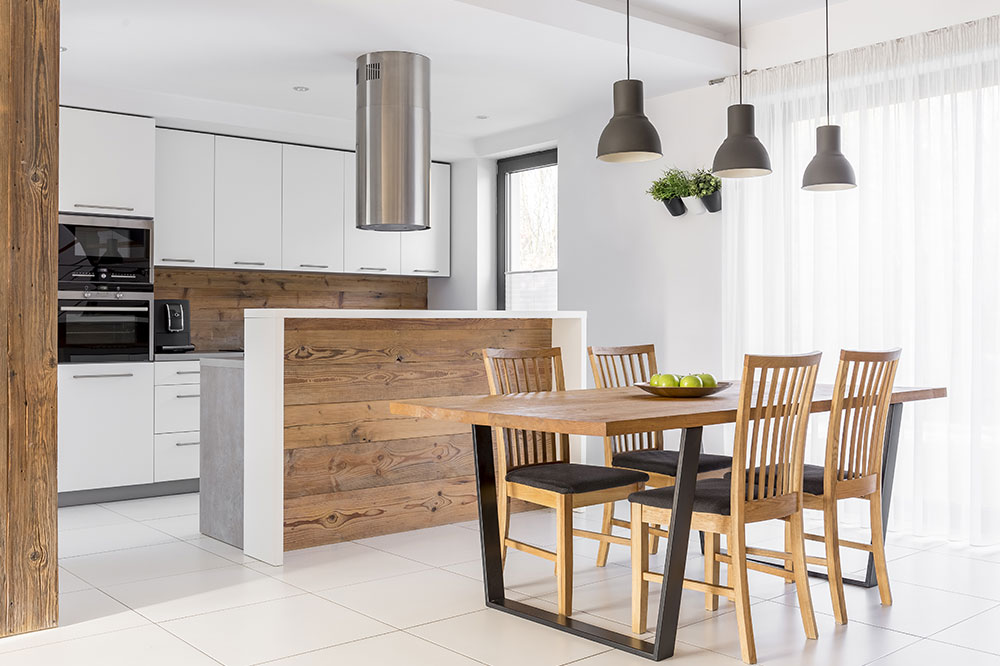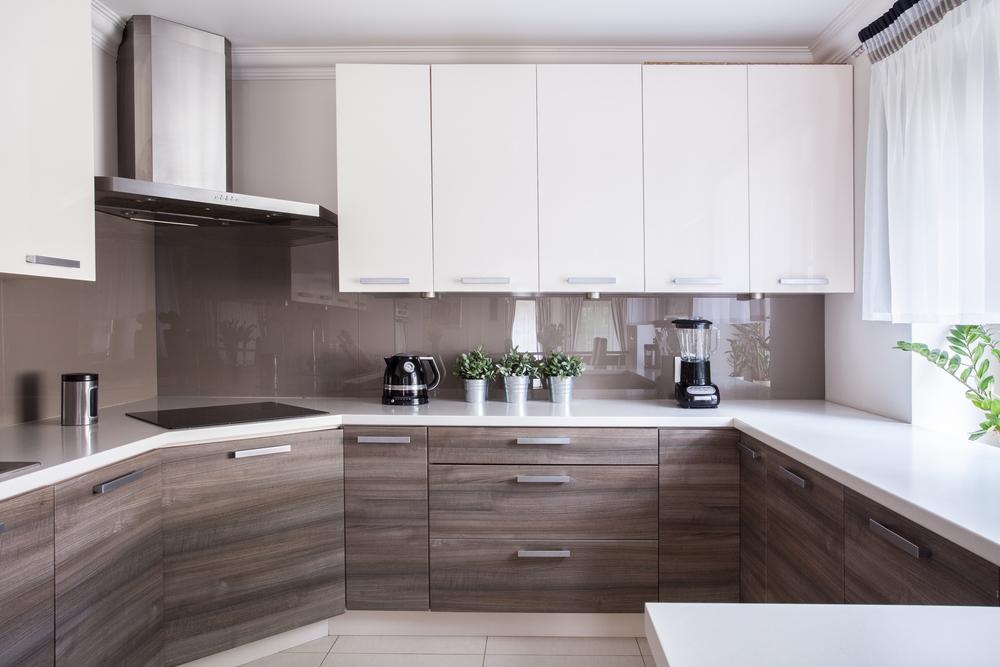Choosing the Best Kitchen Countertop: Advantages and Disadvantages
Explore the benefits and drawbacks of common kitchen countertop materials, including wood, stone, tile, engineered surfaces, and metals. Make informed decisions based on durability, aesthetics, and budget considerations. This guide helps you choose the perfect countertop that balances style and functionality for your kitchen space.
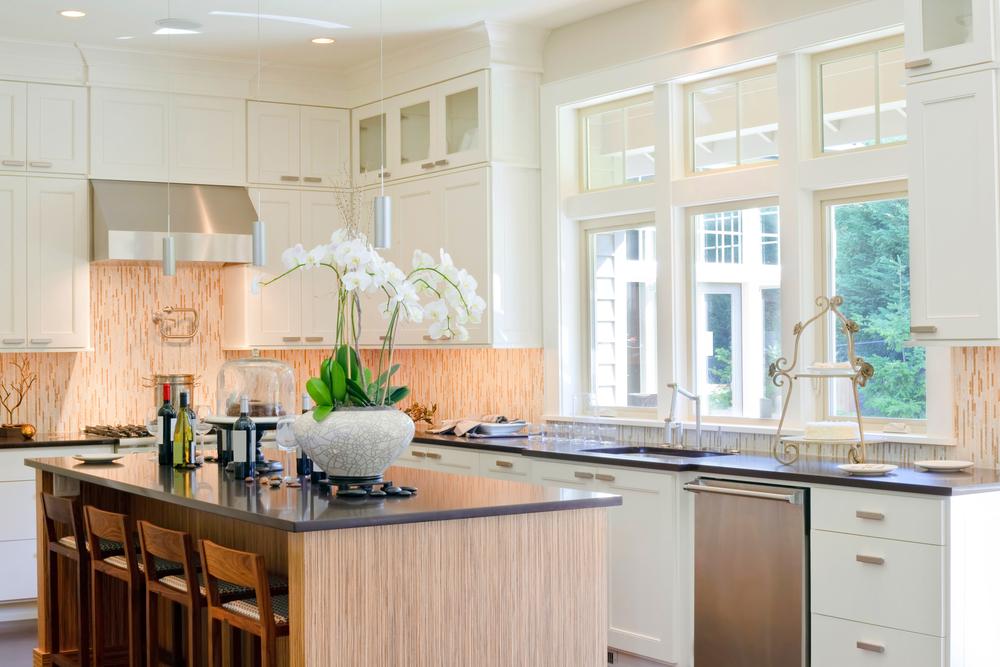
Selecting the Perfect Kitchen Surface: Benefits and Drawbacks
Choosing a kitchen countertop involves balancing aesthetics, budget, and ease of installation. Understanding the pros and cons of various materials is key to making an informed decision.
Wood remains a timeless choice, offering natural beauty, durability, and straightforward maintenance. However, high-quality wood can be costly, making it less accessible for some homeowners.
Stone options such as granite, marble, and soapstone provide exceptional elegance and durability, greatly enhancing property value. Nonetheless, these surfaces can be porous and stain-prone without proper sealing, with marble being particularly susceptible.
The cost of natural stones adds to their luxurious appeal but can be a significant investment. Tiles are a cost-effective alternative, available in various colors and designs, and can be installed as a DIY project. While durable and heat-resistant, grout lines between tiles can pose challenges.
Engineered stone combines the aesthetic appeal and strength of natural stone while reducing issues like porosity. Though more affordable than some natural options, engineered stones still carry a higher price tag.
Synthetic materials, including laminates and solid surfaces, are budget-friendly choices that are easy to maintain. Solid surfaces tend to be more durable than laminates but may look plasticky due to their synthetic nature.
Metal countertops made from steel, aluminum, or copper offer unmatched strength and are common in professional kitchens. However, they require upkeep to prevent corrosion and tarnishing, and they tend to be quite expensive.
Ultimately, natural materials tend to hold higher value and are worth the investment for long-term durability. Yet, it's essential to choose a material that provides good value and fits within your budget. A kitchen countertop is a central feature, making it vital to select a surface that combines style, practicality, and cost-effectiveness.

